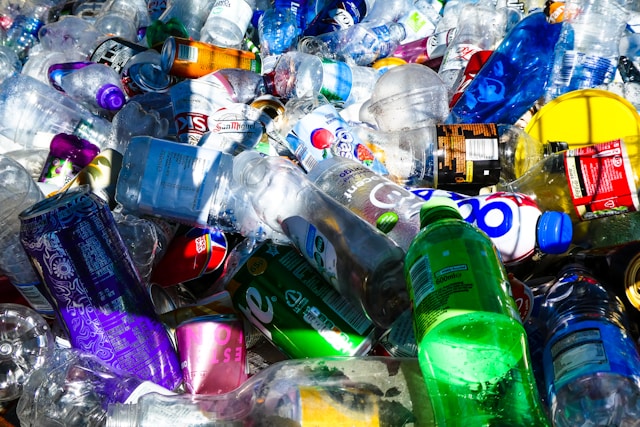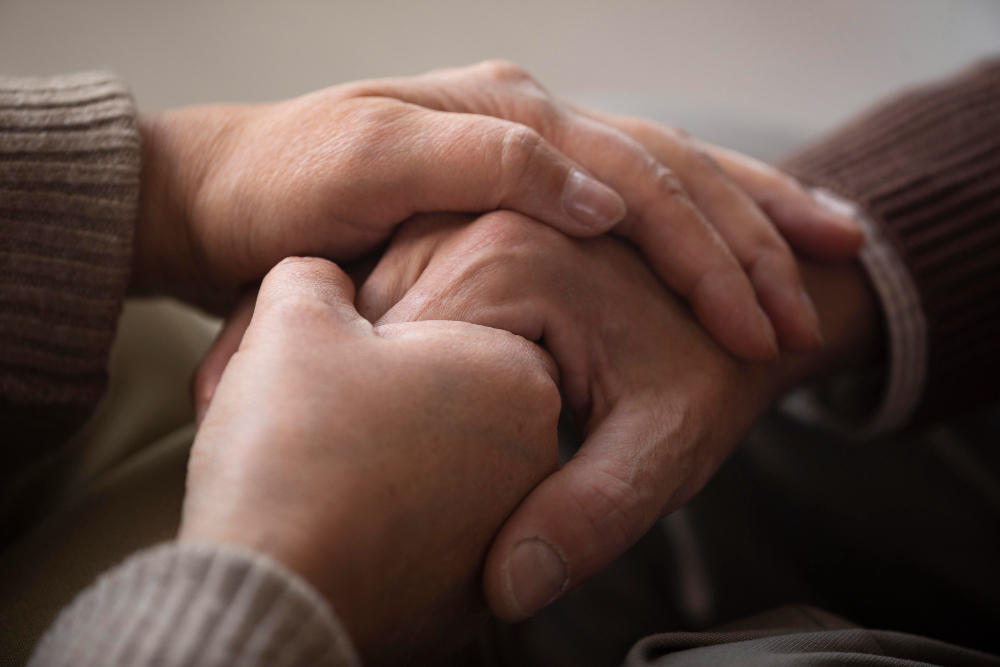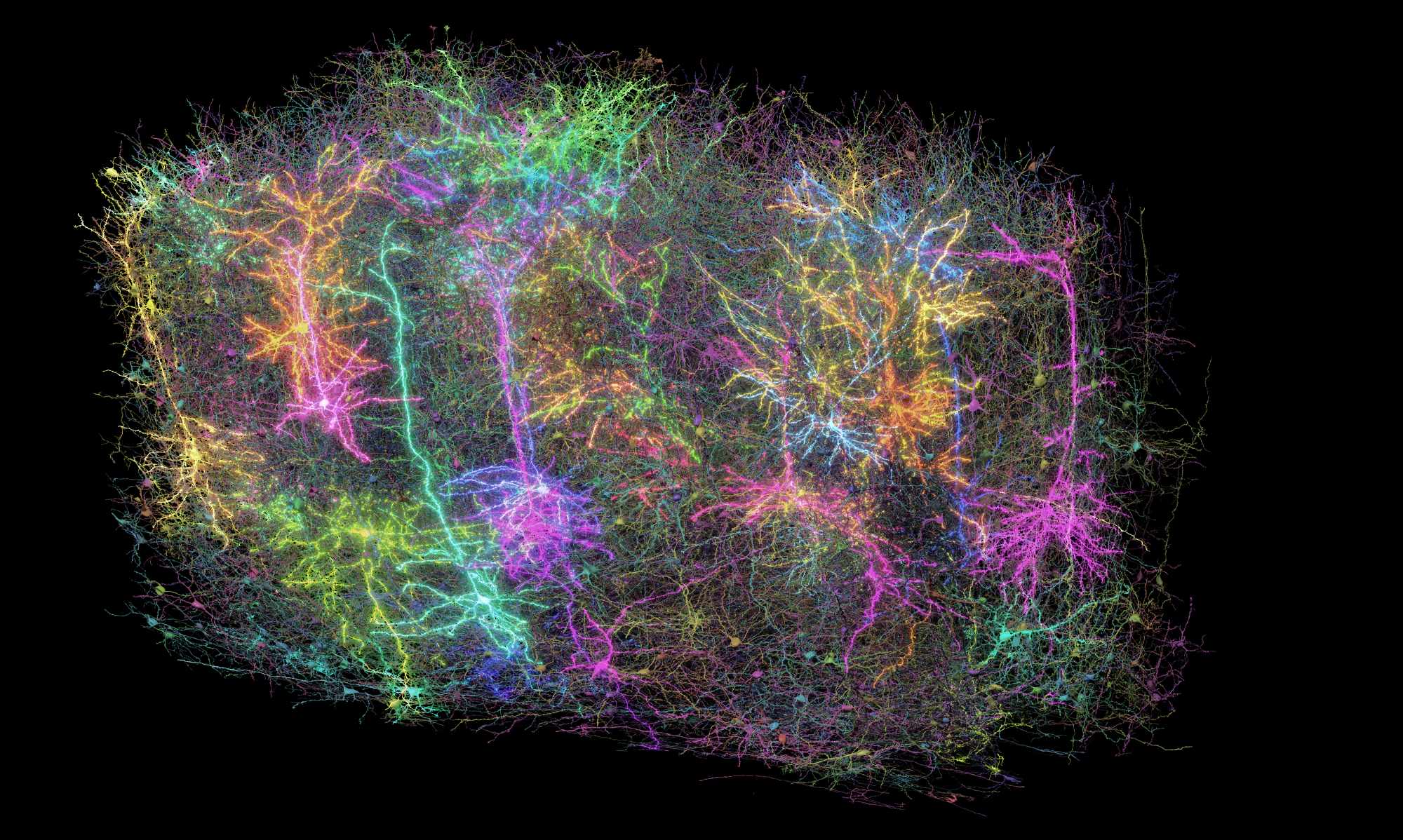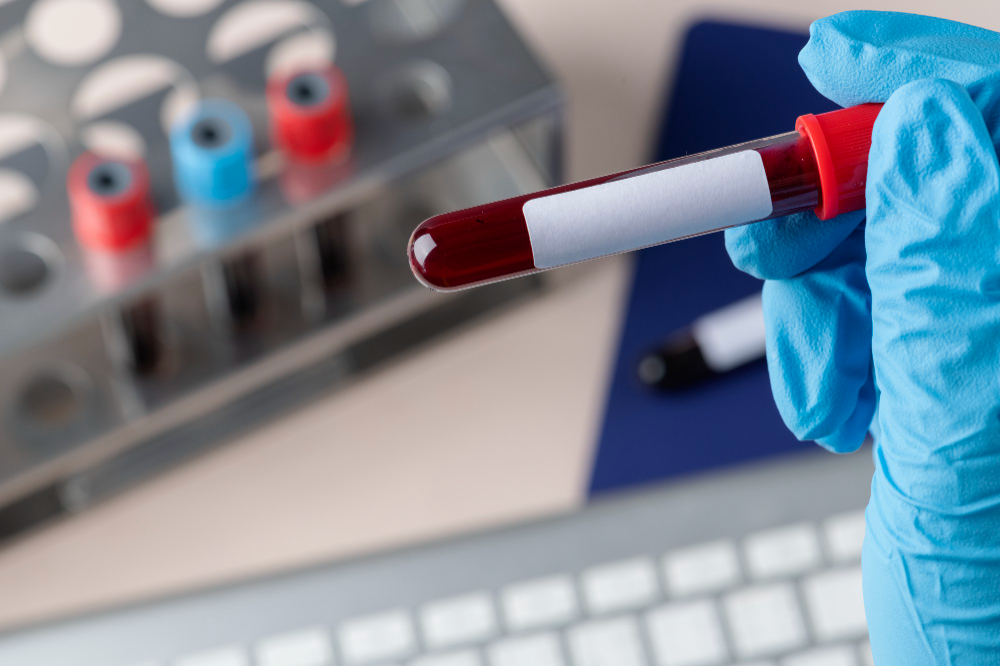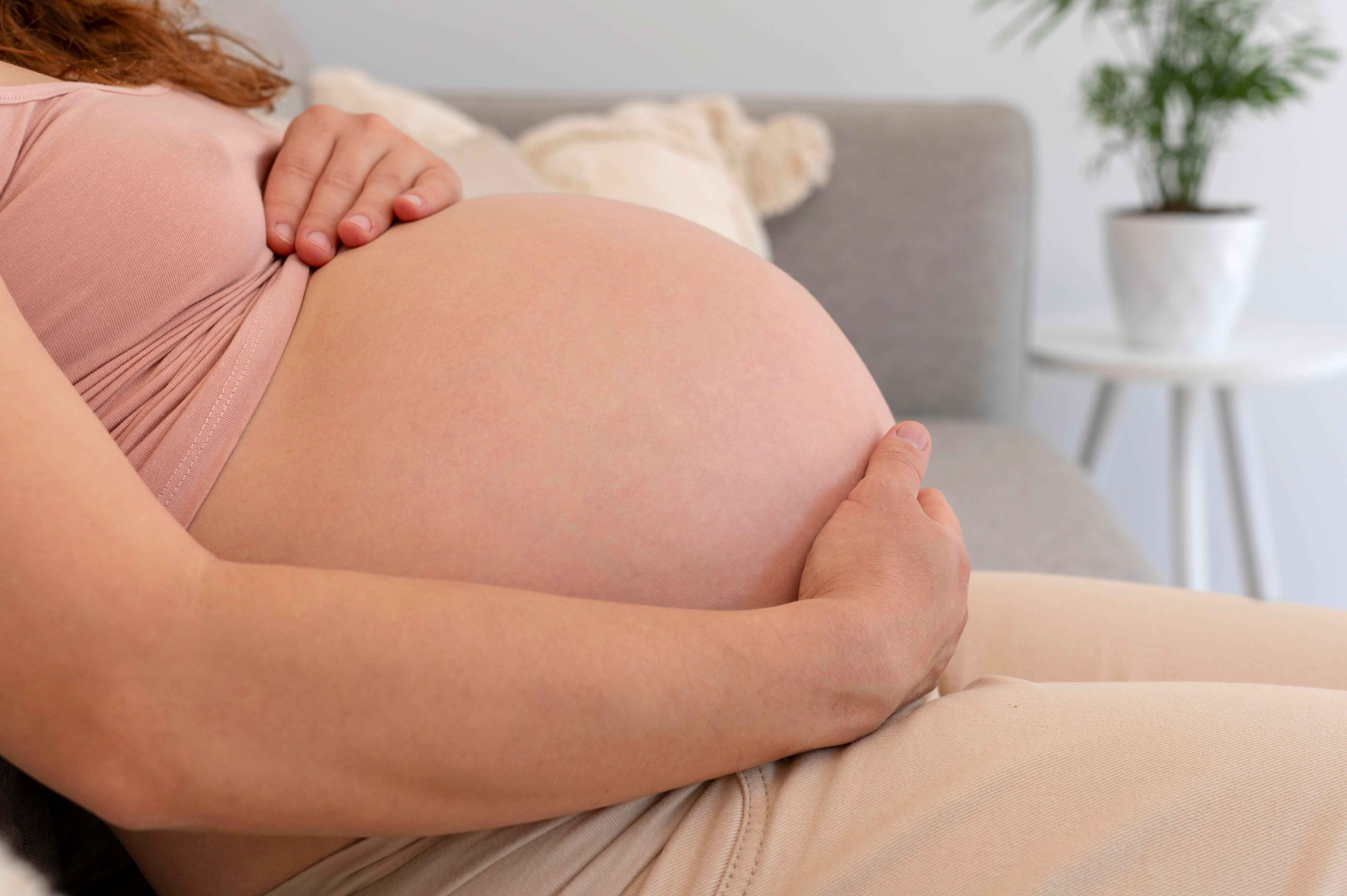A genetic study of the human pelvis relates its shape to the health of the pelvic floor and the ease of childbirth
In humans, larger birth canals are associated with slower labour and less back pain, but a higher risk of osteoarthritis of the hip, while narrower birth canals are associated with a lower risk of pelvic floor disorders, but a higher risk of obstructed labour, according to one study. The analysis published in Science is based on genetic and clinical data and bone densitometry images from more than 31,000 people in the UK Biobank to identify 180 genetic positions associated with seven ‘highly heritable’ pelvic characteristics.

